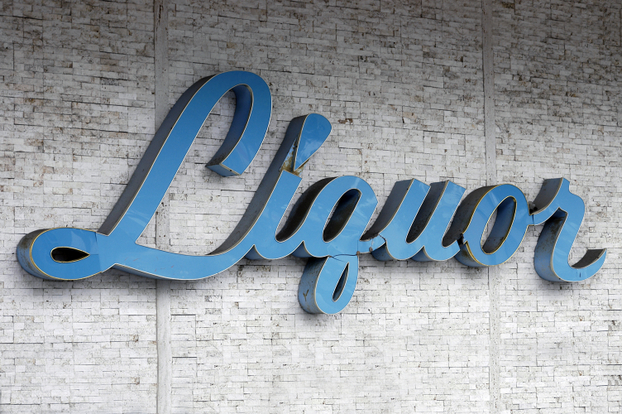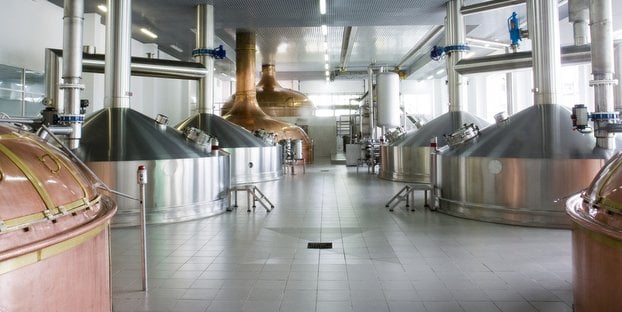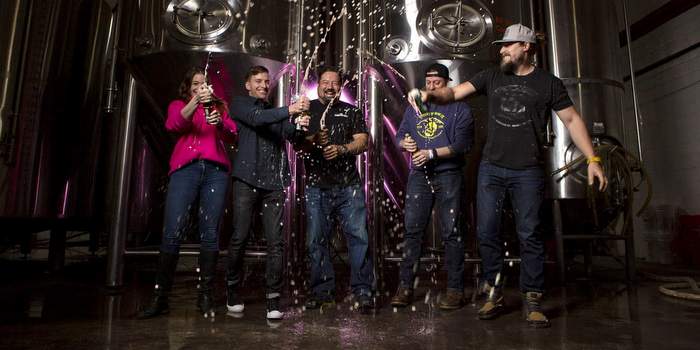
Commercial leases are no small matter. Most run the gamut from 35 to 55 pages, yet many businesses simply sign on the dotted line without any review when given the opportunity. Craft breweries are no exception, and the desire to do so comes at little surprise — not much brewing can occur without a location. But even established breweries make the same mistake when crunched for capacity or looking to expand. This can be a very costly error, however, as breweries have unique considerations (like with so many other legal areas) that the standard lease does not cater to and with potentially disastrous effects.
This article will briefly examine a handful of items to consider before signing leases that are either unique to craft breweries or rank as a top priority.
Commercial leasing basics — beware the “industry standard”
Before we delve into those items, let’s briefly talk about the lease as a whole and the associated negotiation dynamic. Chances are, if you are looking for a space or entering a lease negotiation, the landlord will have a “standard commercial” lease at the ready. There are in fact a number of standard leases and related documents, such as guarantees, floating in the ether that are widely used in the commercial real estate setting.
By and large, those documents were drafted by landlords and for the benefit of landlords. The rights and obligations are far from even-handed. While that likely does not come as a surprise, it is worth reiterating because it is an almost painfully common refrain during lease negotiations for the landlord to oppose an edit or edits because the language originally provided is “industry standard.”
The way these terms became industry-standard was for the landlords to collectively adopt them, so it should really come as no surprise that they are fairly one-sided.
Tip: Bargaining before you sign.
So, remember your bargaining power. You only have it once — and that is before you sign the lease. This is true of any contract, but it bears special note in leases because the stakes are so very high. The premises you are looking at will be your business’ home, hopefully for a long time. Your customers will identify it with your brand, and exit from that location will be difficult from not only a legal standpoint but also very messy in terms of branding and business.
Never enter a lease lightly and know that once you sign, it is basically carved in stone.
Far too often a brewery says “My landlord is a really great person, a friend of mine. They will not actually follow the lease to the letter. We have an understanding.” The underlying sentiment may be true, but what will happen to your business if that accommodating landlord decides to retire and sell his or her property?
Always imagine that the buyer of that property is a huge conglomerate that intends to enforce the lease exactly as written and negotiate with that landlord in mind. Also, by way of an administrative note — real estate law is state-specific, so we always recommend you consult an attorney about the laws in your particular jurisdiction before signing.
RELATED: Three biggest workplace law concerns for breweries and brewpubs
Licensing contingencies can save you

The first unique brewery lease consideration is licensing. A licensing contingency should be the big ticket item in almost every brewery lease.
In its simplest form, it is an emergency exit from the lease if you do not receive the required licensing to operate your business. Alcohol is a very highly regulated industry, and businesses are not allowed to manufacture or sell alcoholic beverages at a location unless it is duly licensed by both the federal and applicable state government.
For example, in California, the ABC licensing process frequently requires a copy of the lease for the location being licensed. This creates a bit of a “chicken before the egg” situation because you must agree to the lease before knowing the premise will be approved and duly licensed.
You do not want to get tied into a lease and be forced to pay rent for a location that is ultimately going to be denied the appropriate licensing. This is where the contingency comes into play, by providing a mechanism where the lease will automatically terminate if the tenant does not acquire all of the necessary licensing for the intended use of the space.
In order to use this contingency, landlords will often require some form of compensation in exchange, as they are themselves taking a risk by allowing you to occupy the space and build it out as a brewery. The form and amount of compensation will vary based on what you negotiate, but the important thing is that you do not obligate your company to pay rent at a space that is ultimately useless for you.




Leave a Reply
You must be logged in to post a comment.